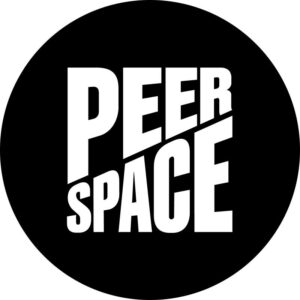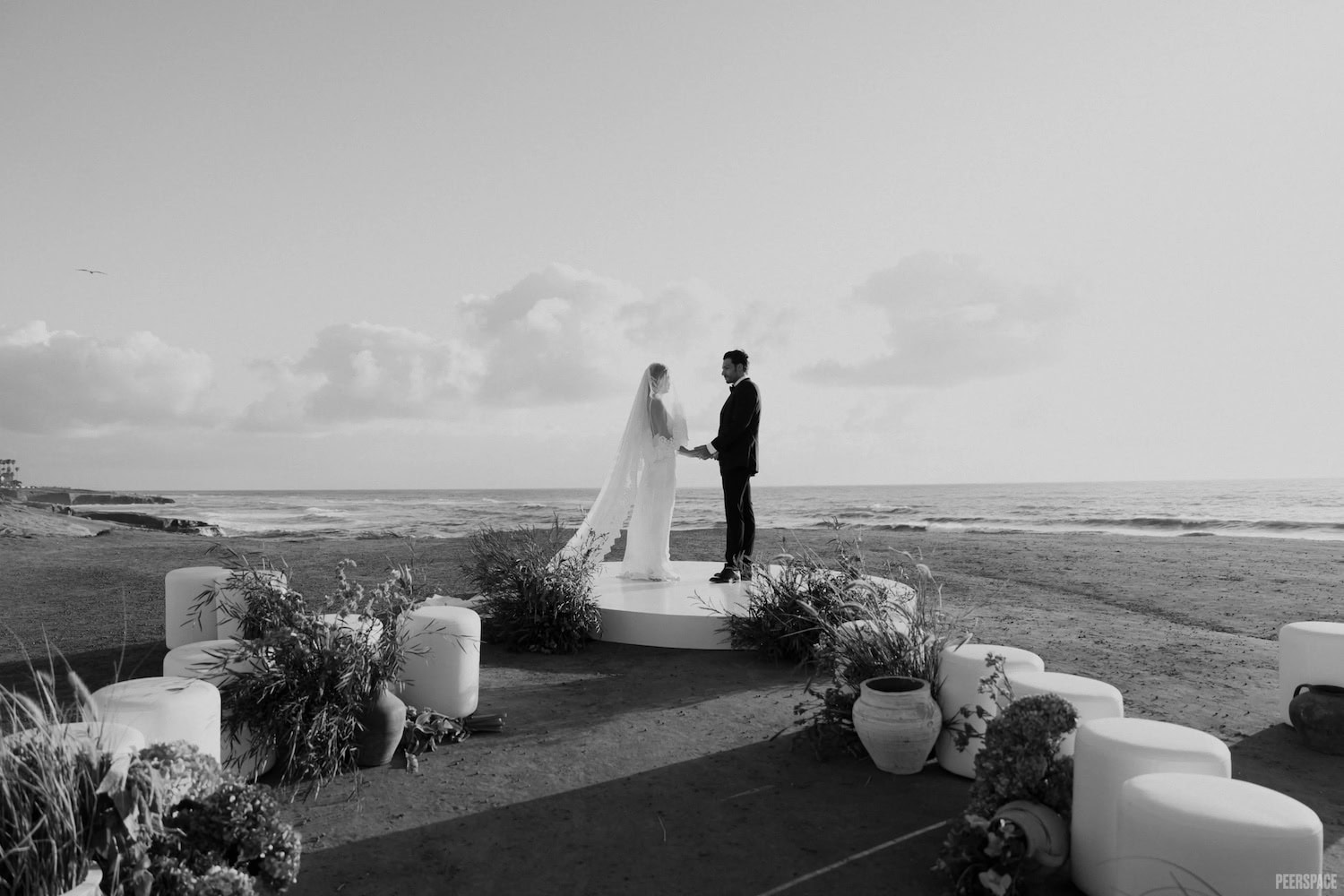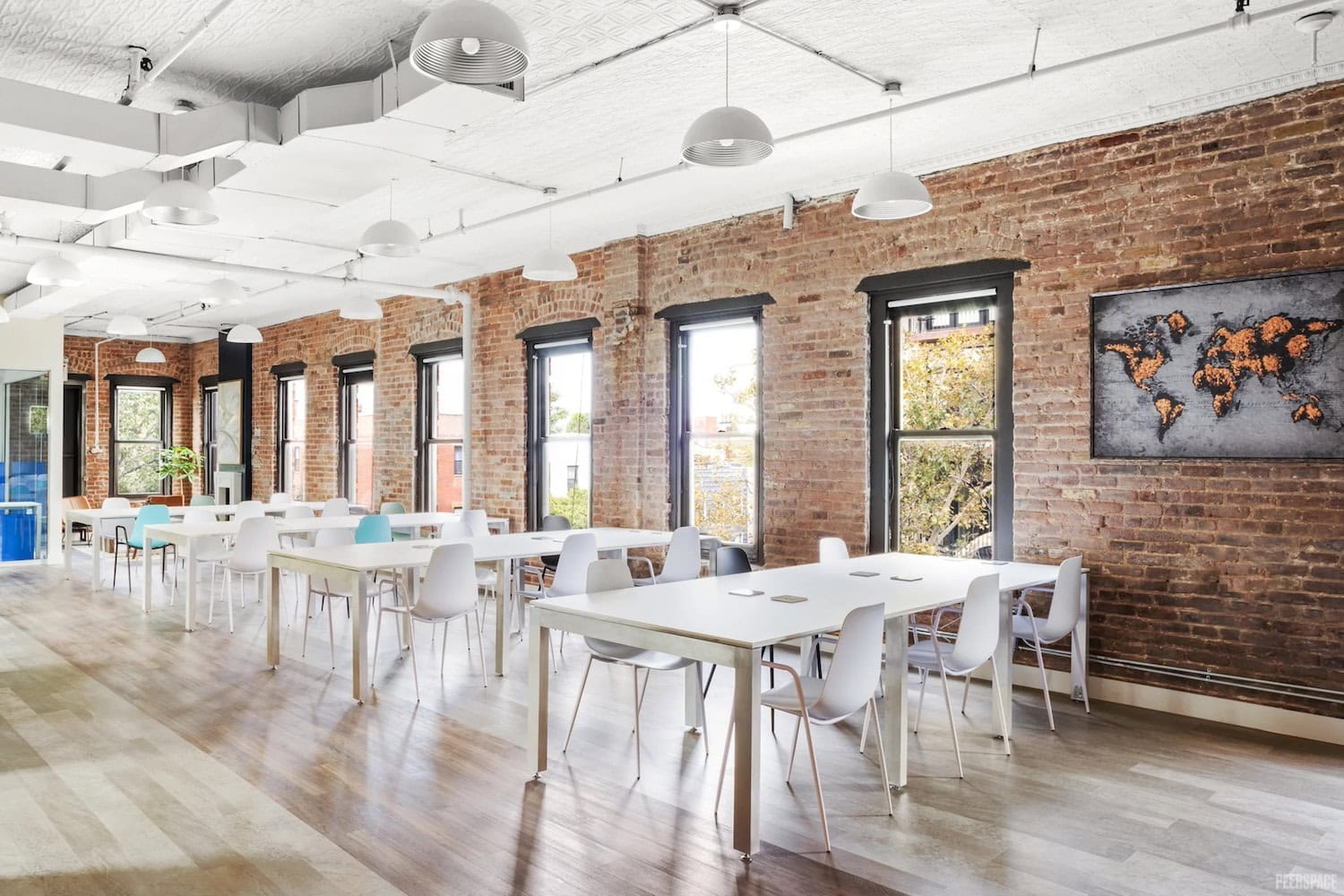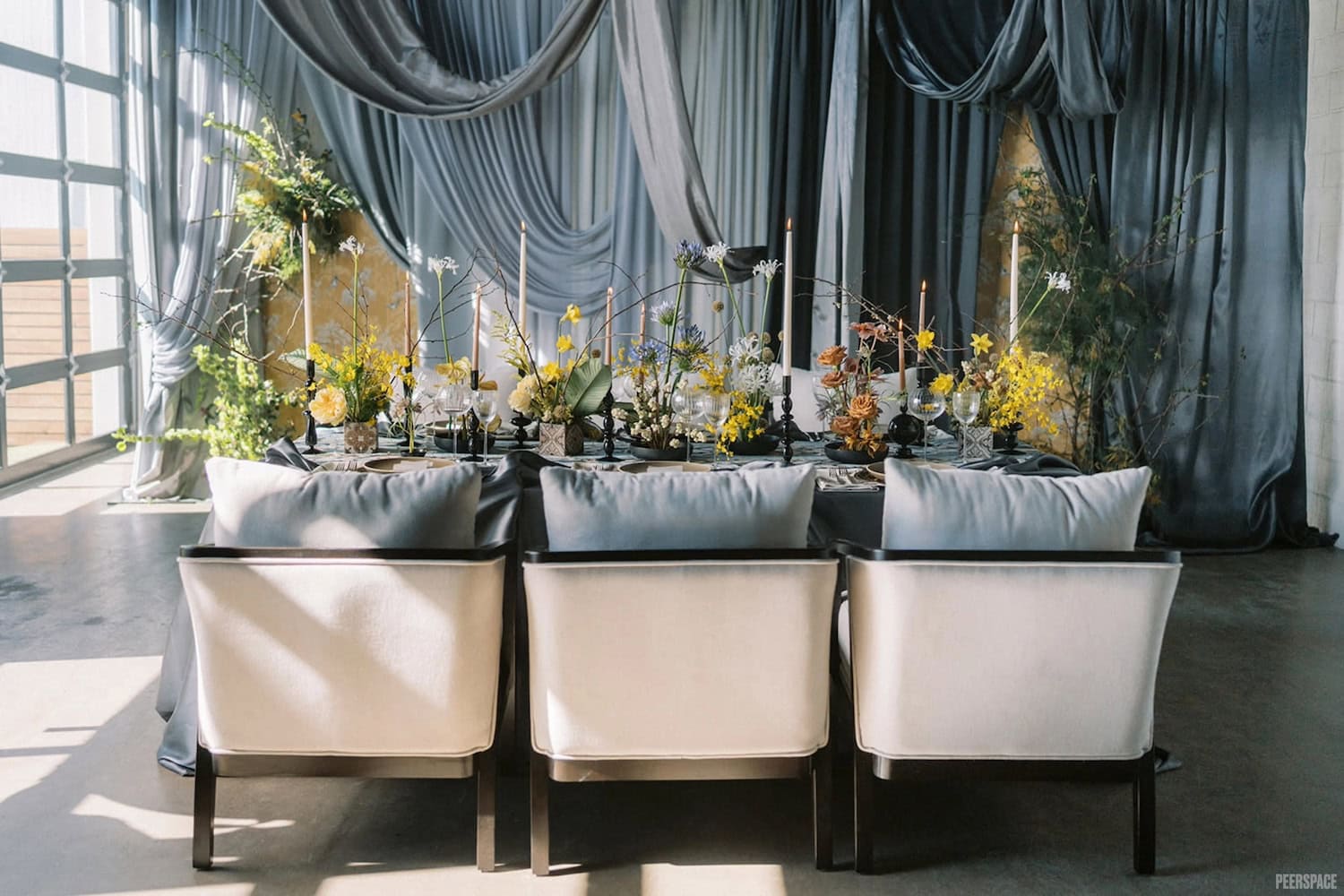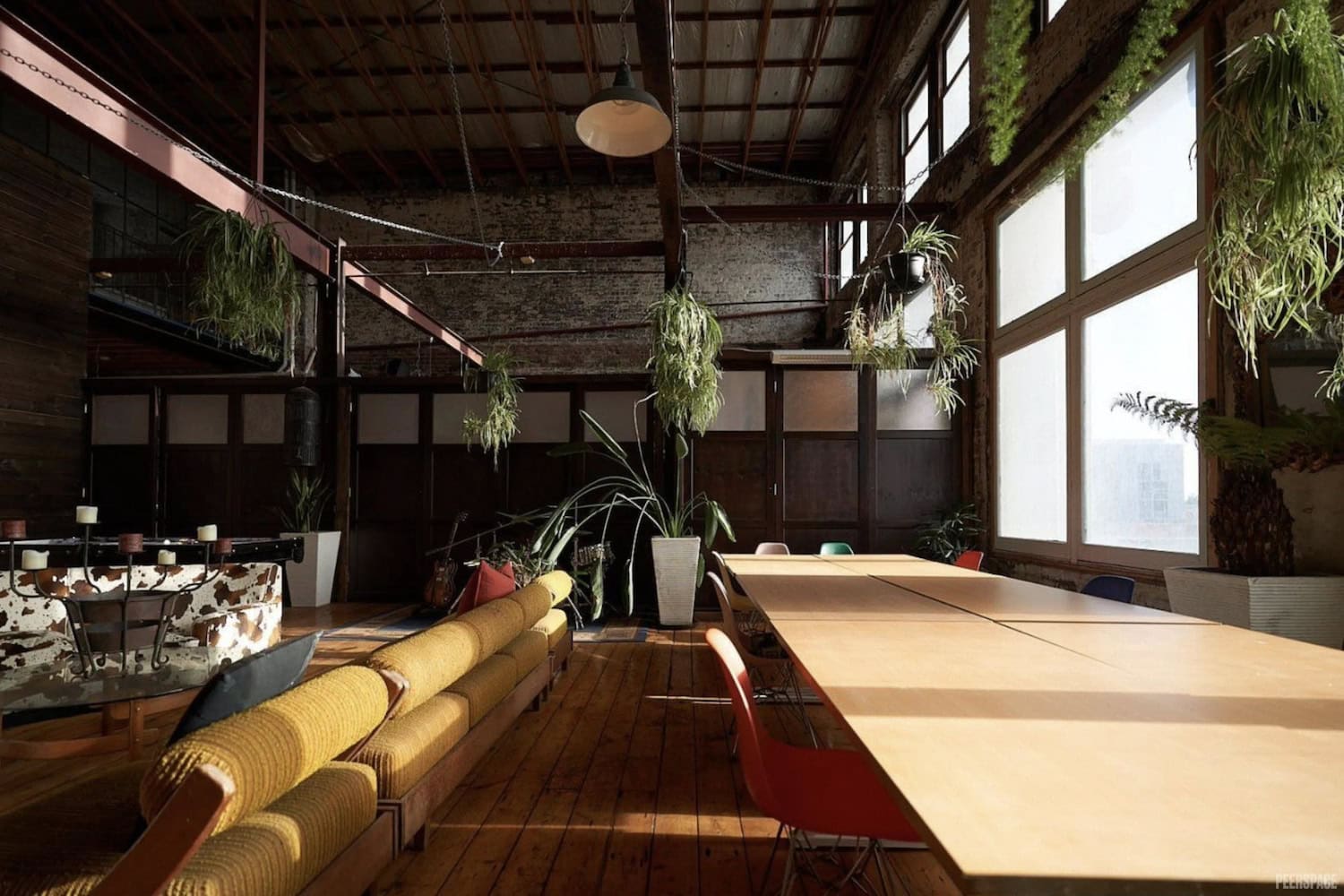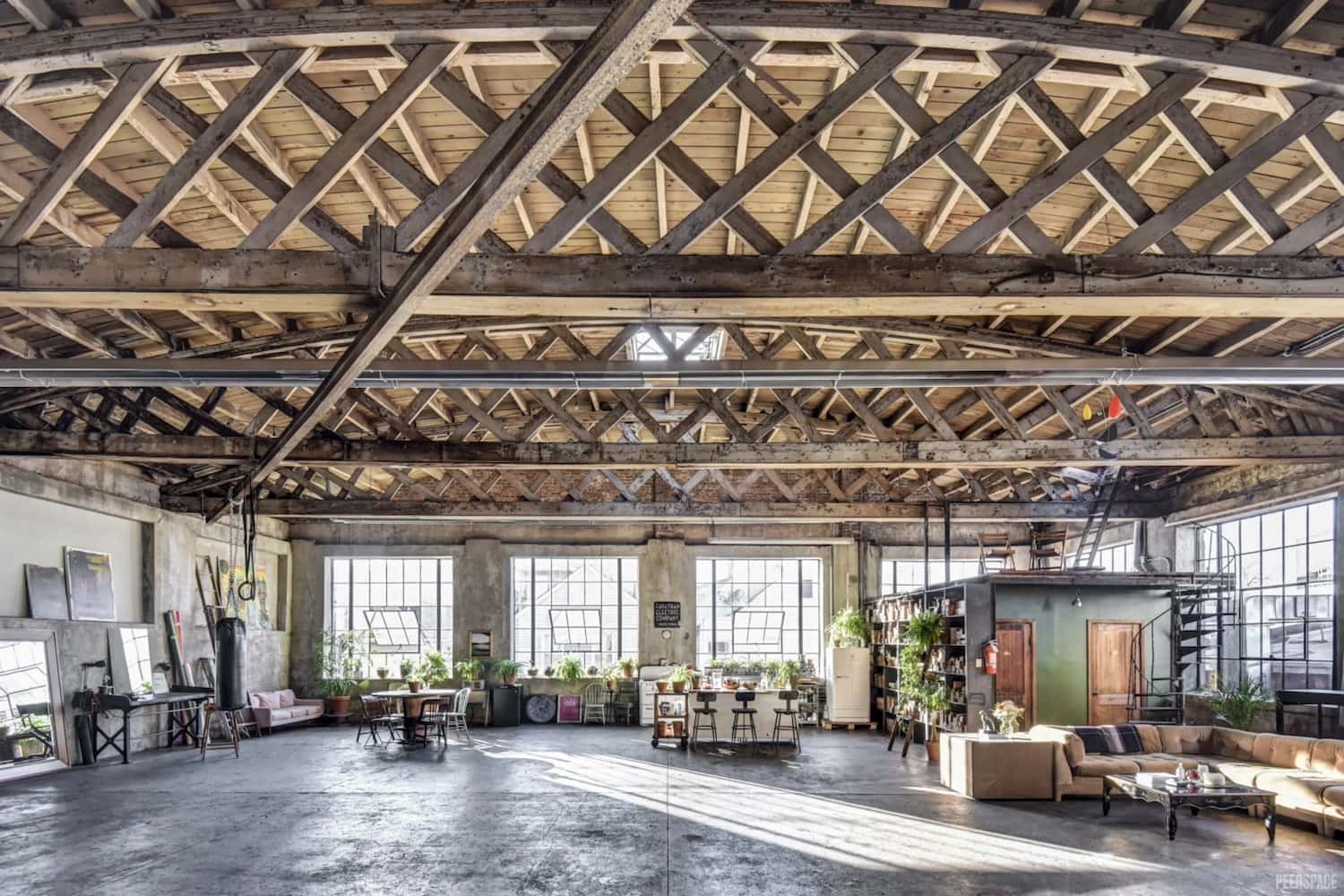13 Event Planning Tips — The Do’s and Don’ts Straight from the Pros (2025)
- February 26, 2024
- 10 min read
- Events
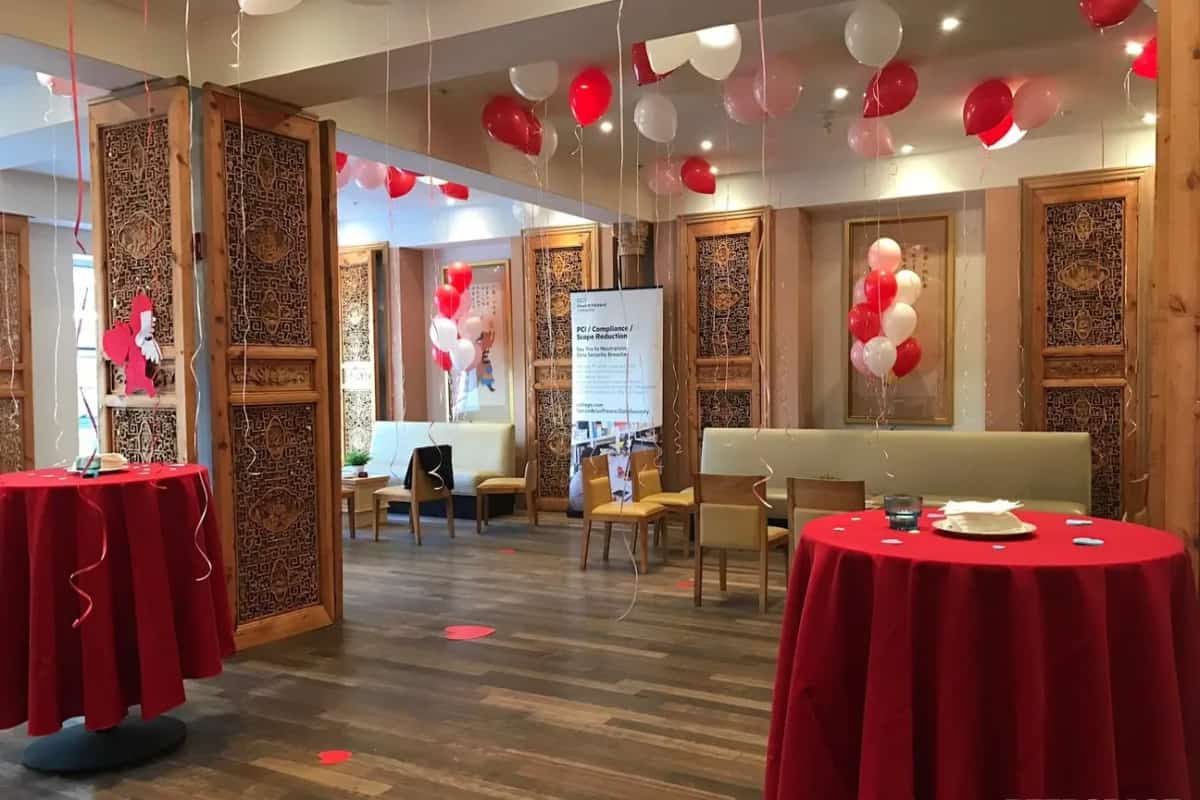
Source: Peerspace
Answered
Event venues on Peerspace typically cost $50 — $350 per hour.
Need some can’t-miss event planning tips to help you pull off your next big gathering with style and poise? We get it. Planning an event can be an incredibly stressful task for anyone — no matter your level of expertise. Even the most experienced veterans can (and should) anticipate bumps along the way because that’s just the nature of the job.
Though certain obstacles are inevitable, many of them can be largely preventable with the right knowledge. And who better to learn from than those who’ve experienced it firsthand? We looked to the experts for event management tips and tricks to help you run things like a pro.
First and foremost: book the perfect event venue with Peerspace
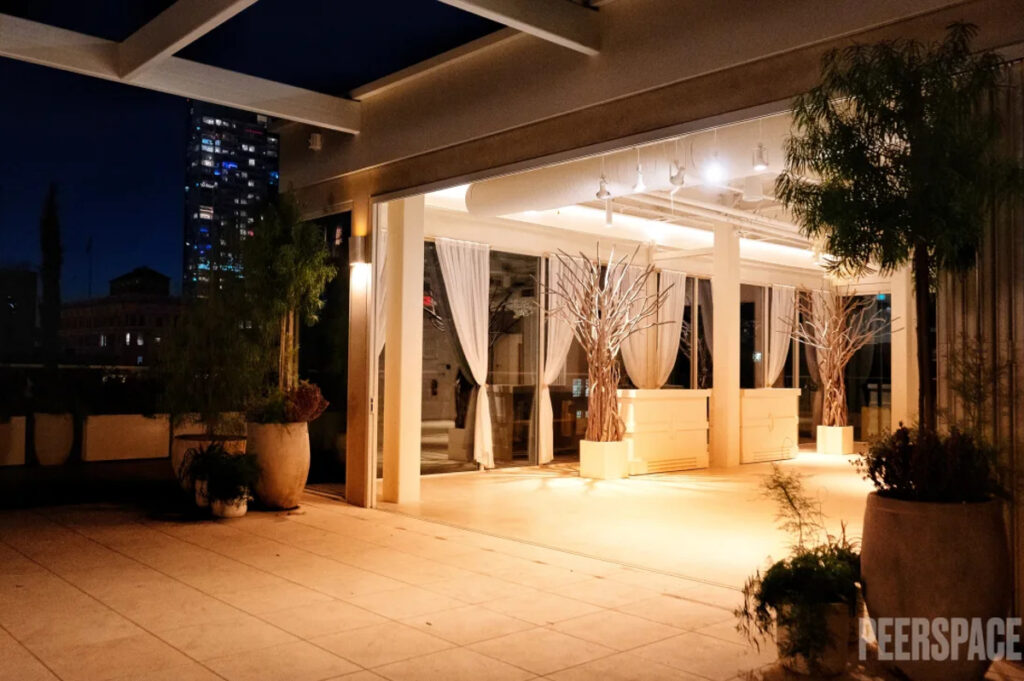
Before we delve into the tips, there’s one thing that we need to get sorted. The all-important venue! That’s right, finding the perfect venue for your event is not always easy. But when you book an event space through Peerspace, it actually is.
Our platform is home to thousands of stunning event spaces, in cities across the globe, all available to book by the hour. You can book a loft, a mansion, an art gallery, a rooftop, and basically anywhere else you think would suit your specific soiree.
Not only that but if your event needs anything, you can rely on your venue’s helpful local host. They not only provide you with an awesome setting for hosting your event but they can also help you with the logistics. Peerspace hosts are always just a message away and can typically provide an array of event services. Pretty convenient, right?
Anyway, after that brief interlude, let’s get to our event planning tips.
Tip #1: Do maintain communication between all involved parties
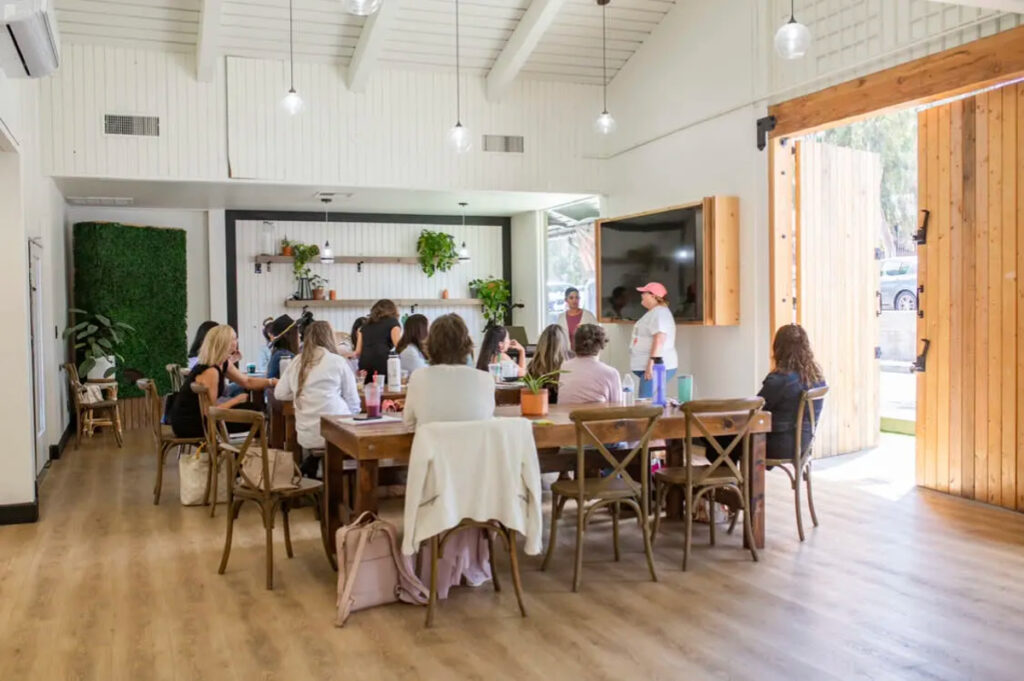
This means knowing exactly what the venue, vendors, and decision-makers are responsible for and making sure everyone else is also on the same page.
According to Mona Desai, Peerspace’s Special Events Manager, “Having clear communication and a thorough understanding of each person’s role is key to avoiding details slipping through the cracks,” she said. This includes making your responsibilities clearly known from the get-go, as well.
Tip #2: Do know your audience
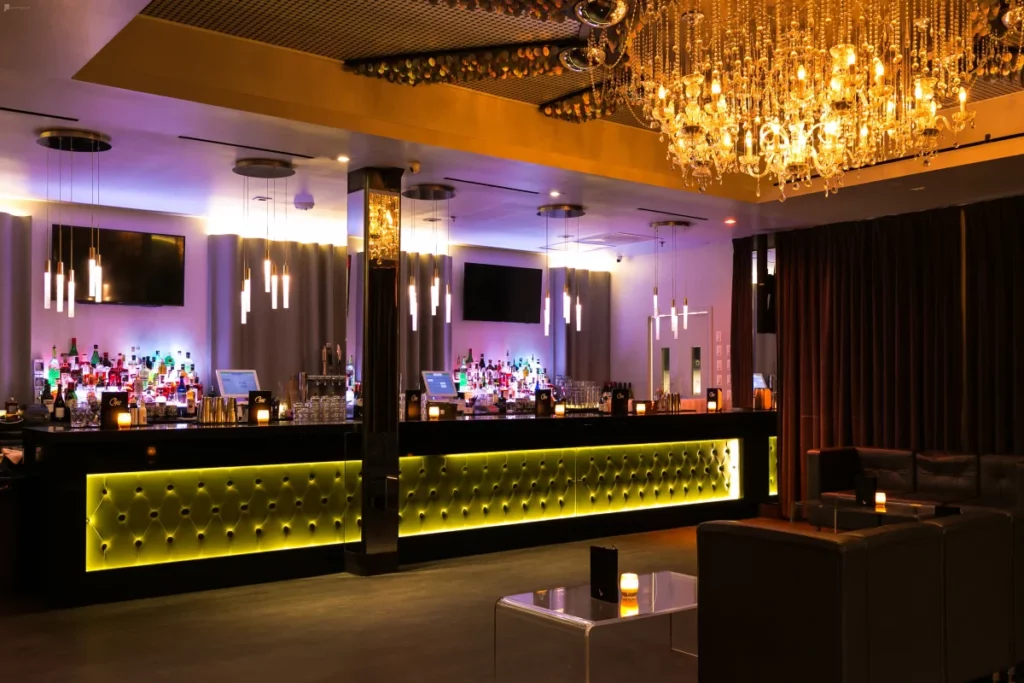
According to Stephanie Thomas, Senior Field Marketing Manager at Demandbase, the venue should reflect who’s attending. “If you aim to attract senior-level titles, you should select a venue that will capture their attention,” she said. “These are people who frequent 5-star venues, so more consideration should be taken into account when planning the event.”
This means that you need to tailor your event space to your expected audience. When you book an event space through Peerspace, this is extremely easy to do. Simply head to our platform to begin your initial search by inputting your location and event type. Once you click search, a list of local event spaces will populate. To narrow down the spaces to just those that would best suit your guests, use keywords to find venues with listings that include that keyword too, like “glamorous,” “elegant,” “rustic,” “chic,” etc.
As an example, if you search for “trendy” event venues in Washington, D.C. through Peerspace, you’d discover this incredible speakeasy experience venue in Northwest Washington in mere moments. This is definitely one of those 5-star venues that’s best for certain clientele.
Tip #3: Don’t use the Costco mindset
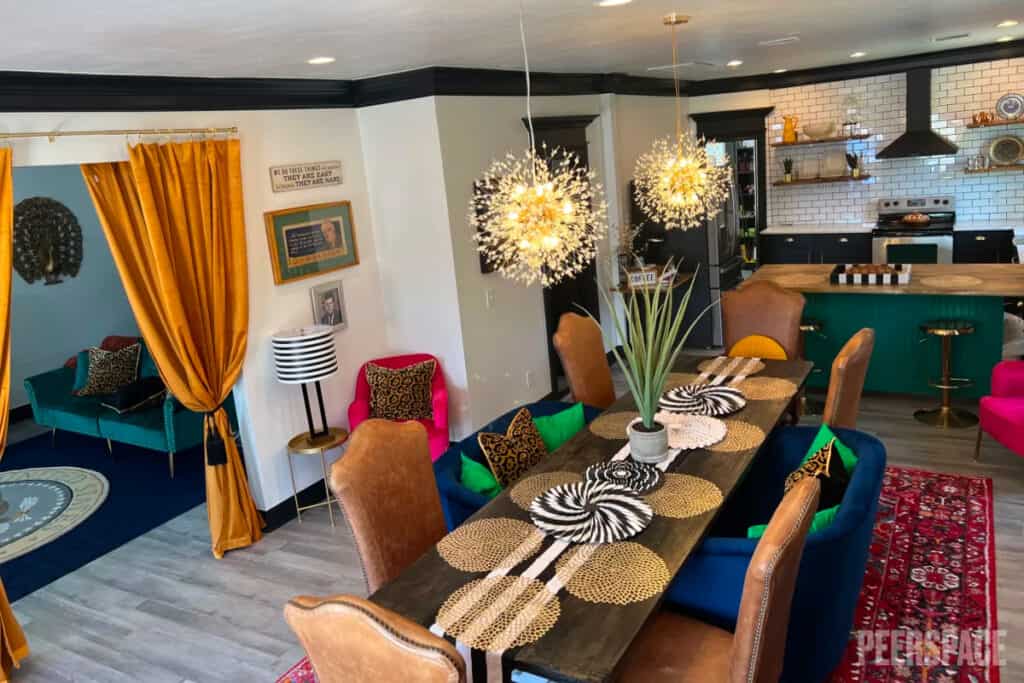
Based on Mona’s experience, new event planners often use the “Costco mindset” and fail to recognize that a longer guest list typically equals higher costs. But don’t let that discourage you from putting on the most memorable event possible — it just means being smarter about unnecessary expenses.
Tip #4: Do stick to your budget
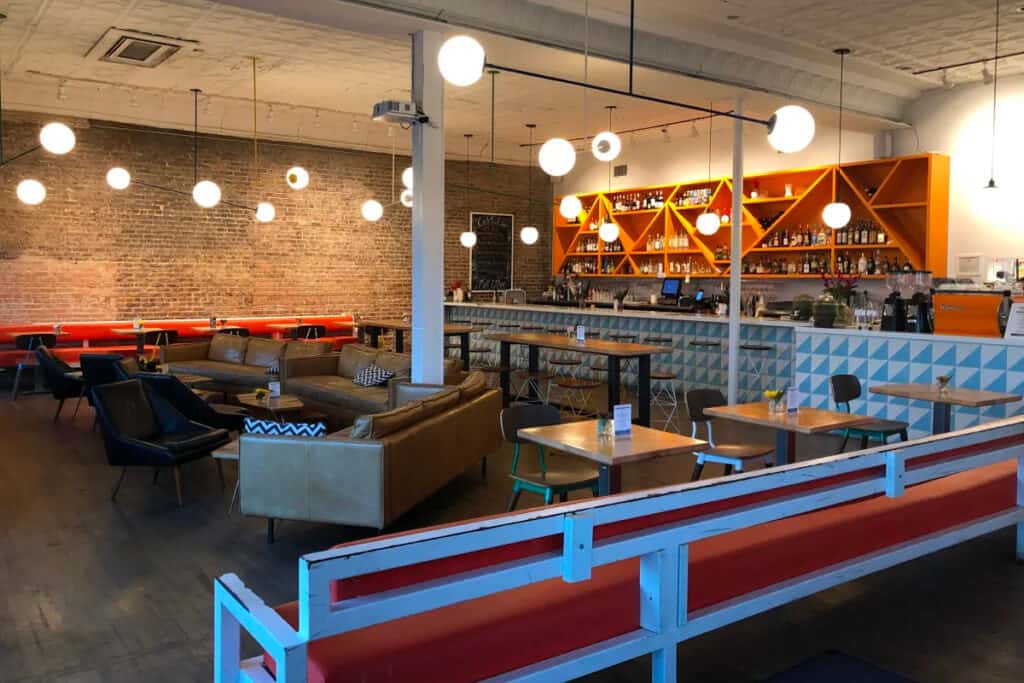
Your event budget is essentially your foundation — it dictates what is and isn’t possible throughout the planning process. According to Mona, how you allocate your budget (i.e., venue, catering, entertainment, and miscellaneous fees) is the most important thing to consider. Remember to consider all potential costs from the beginning to avoid ending up with a figure far past your initial estimate.
Did you know there’s a way you can get everything you need for your event from one vendor? It’s true, and it’s by booking a Peerspace event venue. With Peerspace, you can easily discover and rent hidden gem spaces that have the style, amenities, and price you need to throw an amazing event.
Let’s say you’re throwing a mid-sized professional event and need food and beverage catering and on-site staff. If you’re in Dallas, then you can book this incredible coffee shop restaurant with cocktail lounge in Lower Greenville. It has indoor space for about 75 guests and a large outdoor patio for about 30. Plus, this thoughtful space provides food, drinks, and friendly, professional support staff.
A Peerspace user who booked this deluxe coffee shop for an event shared the following review: “Amanda and the whole team were so incredibly helpful throughout the entire process. The event space was perfect, the staff were so friendly, and the food was fresh and delicious. We can’t thank them enough!”
Here are 11 types of venues you can book through Peerspace. Which is the best fit for your events?
Tip #5: Do create multiple drafts of your event timeline
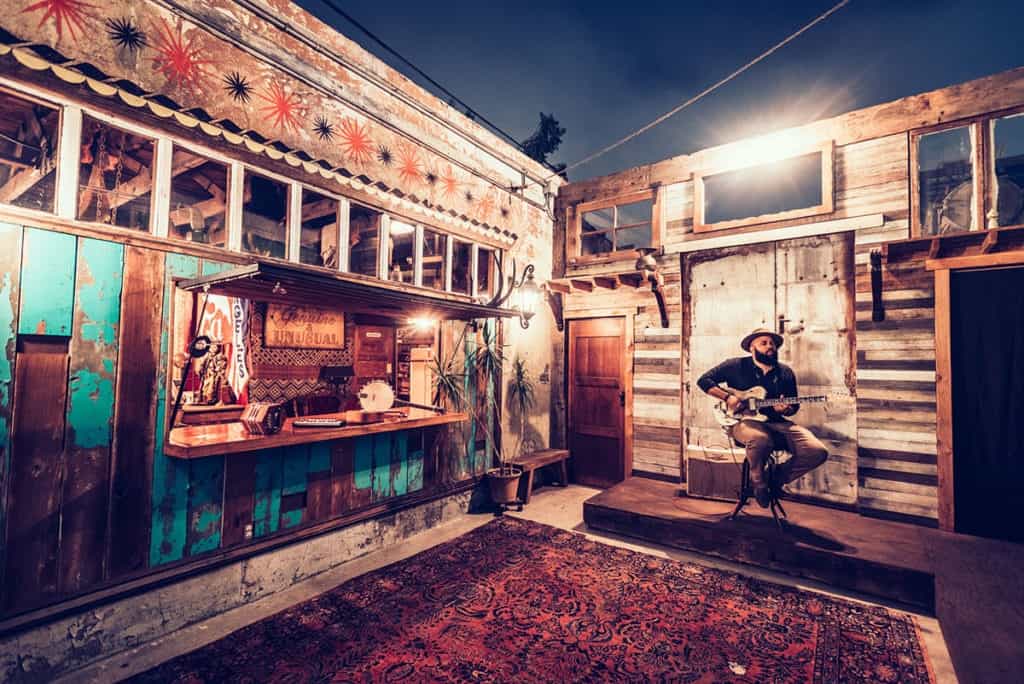
Drafting a timeline based on your client’s preferred flow of events and day-of particulars will allow seamless communication between you and your core vendors, said Jessica Carrillo of Art & Soul Events.
Take that first draft and set up food and beverage service times with your caterer. Once those details have been confirmed, send the second draft to your photographer and repeat the process, adjusting as needed. “These timelines tend to flow with ease because everyone has had a chance to troubleshoot and express any concerns way before they could ever come up,” Jessica said.
Tip #6: Do build an agenda — even if the event doesn’t necessarily call for one
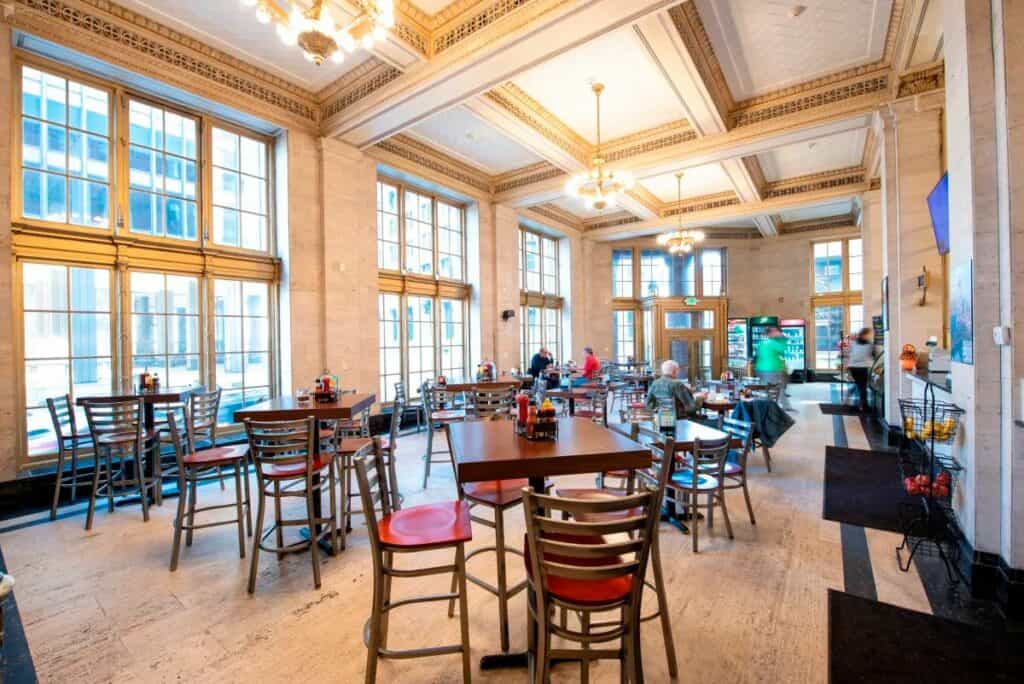
Mona shared that although many company holiday parties and celebratory events may not have a set agenda, establishing an event schedule is vital.
Questions to keep in mind:
- When do the vendors arrive?
- Who is the point of contact (POC)?
- When does the food need to be ready?
- At what point should the live band make room for the DJ?
And if your event has a lot of moving pieces, you may even want to go as far as creating a minute-by-minute schedule for set-ups, arrivals, and everything in between.
Tip #7: Do create a confirmation checklist
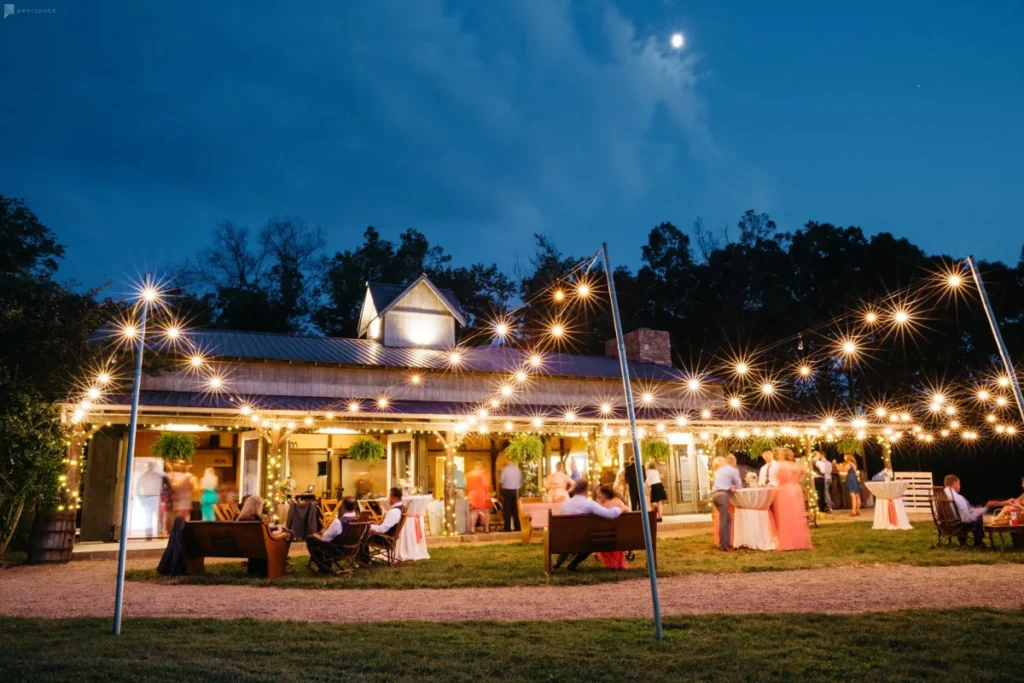
In the week leading up to your event, you should be running through your event planning checklist to ensure that you and all those involved are ready to go. “This should be a detailed run of the show with all the contacts for each service, timings for all deliveries and arrivals, POC for all aspects of the event, and confirmed departure/wrap details,” Mona said.
Tip #8: Do over-communicate
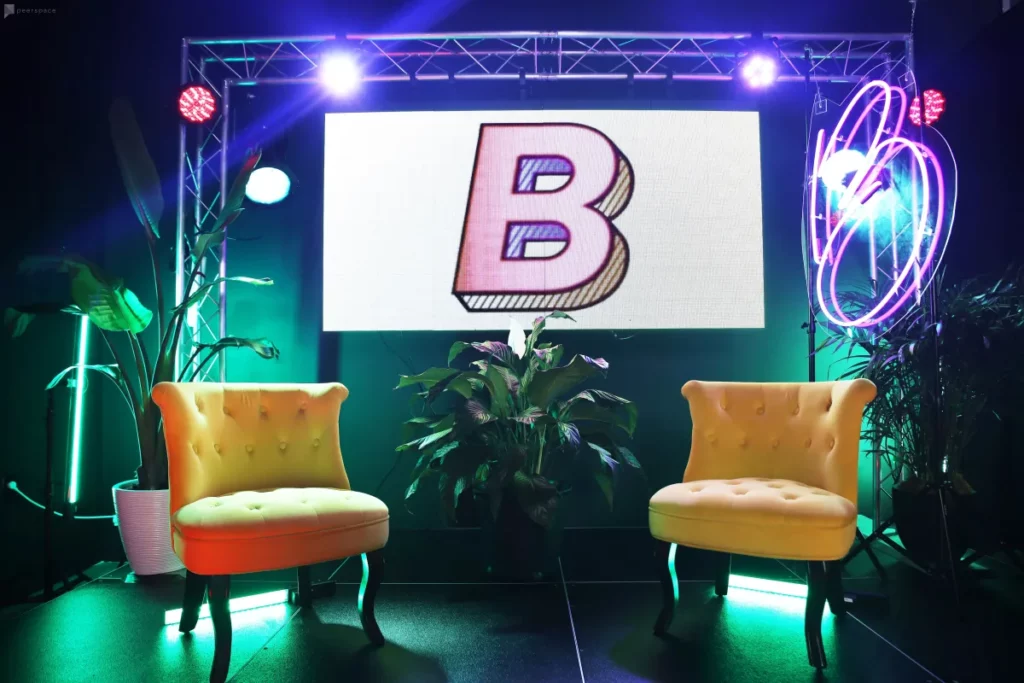
It’s not enough to know the logistics and event details; you need to ensure that everyone else does, too. Over-communication is always better than a lack of communication. “For panel events, that means hosting a panel prep call to review the questions, audience, and agenda,” Stephanie said. She also recommends putting important information on a central internal source, “like a wiki on your company’s intranet,” to which you can direct questions.
Tip #9: Don’t send out invites too late
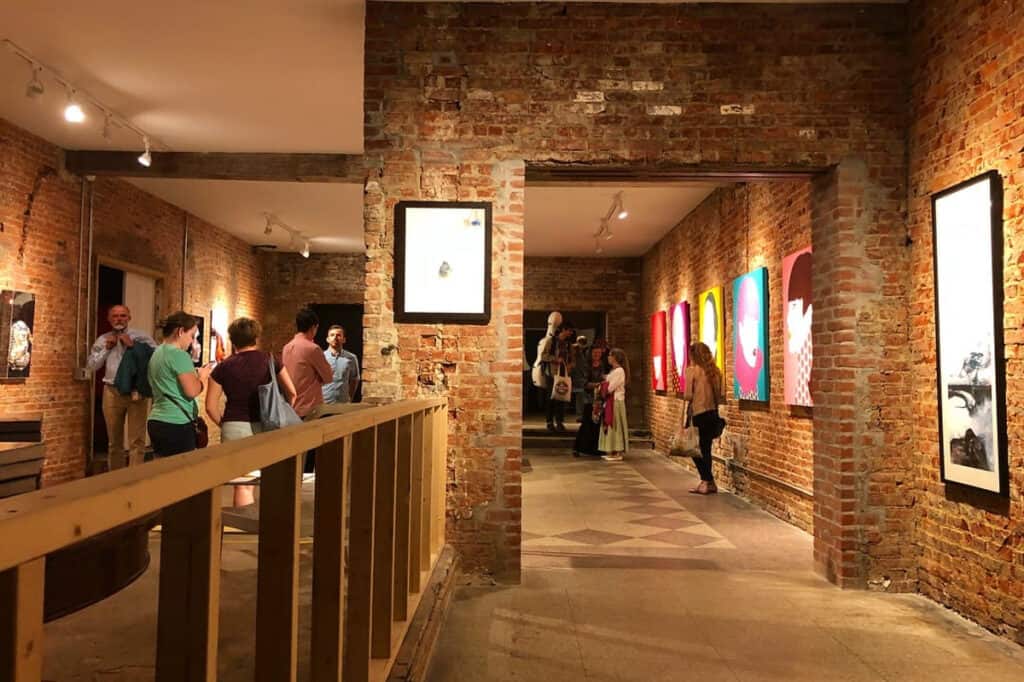
Your guests’ availability is largely out of your control, but one thing you can do to encourage attendance is to stay on top of invitations and RSVP confirmations. “Not everyone is good at managing their schedules, so help them out by adding them to a calendar invite for the event with all of the event details, as well as sending out a reminder email a few days before the event — that way they won’t miss a beat!” said Elise Armitage, an Event Specialist at Google and blogger behind What The Fab.
Tip #10: Do have a master planner
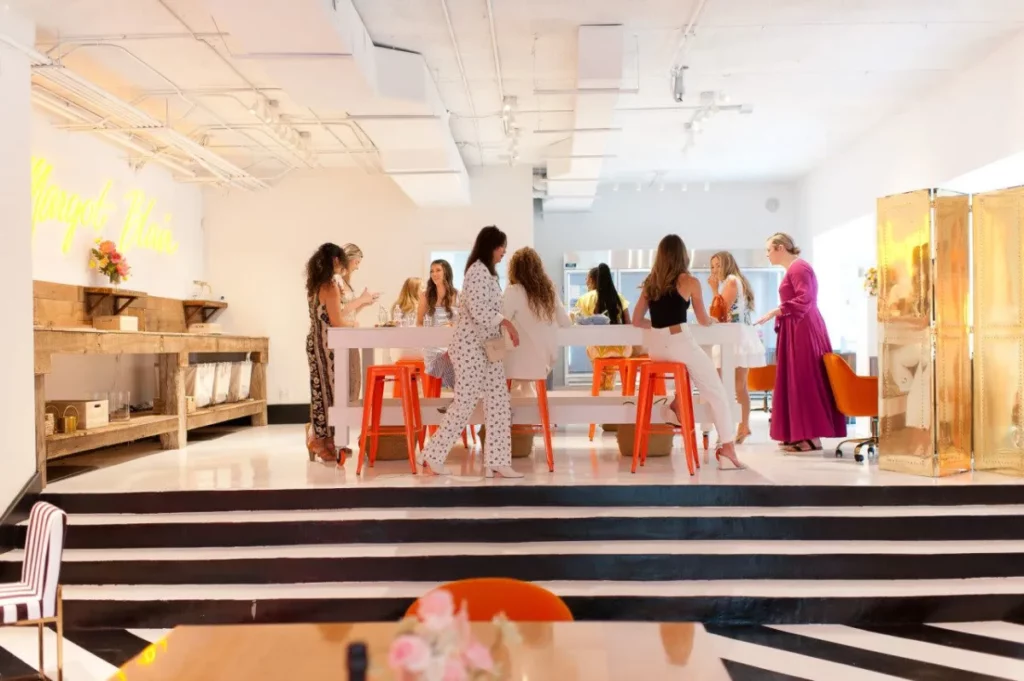
Consolidate all your key details and confirmations, whether it’s in Asana, Basecamp, or a Google spreadsheet, Elise said. “Having a project plan with important dates, tasks (and their respective owners and status), vendor contact info, invite lists, etc., all in one place will make life so much easier for you.” Additionally, having a centralized doc will help keep everyone involved on the same page.
Speaking of master planner, these venue management software options will help streamline your event planning tasks!
Tip #11: Do align with your internal stakeholders
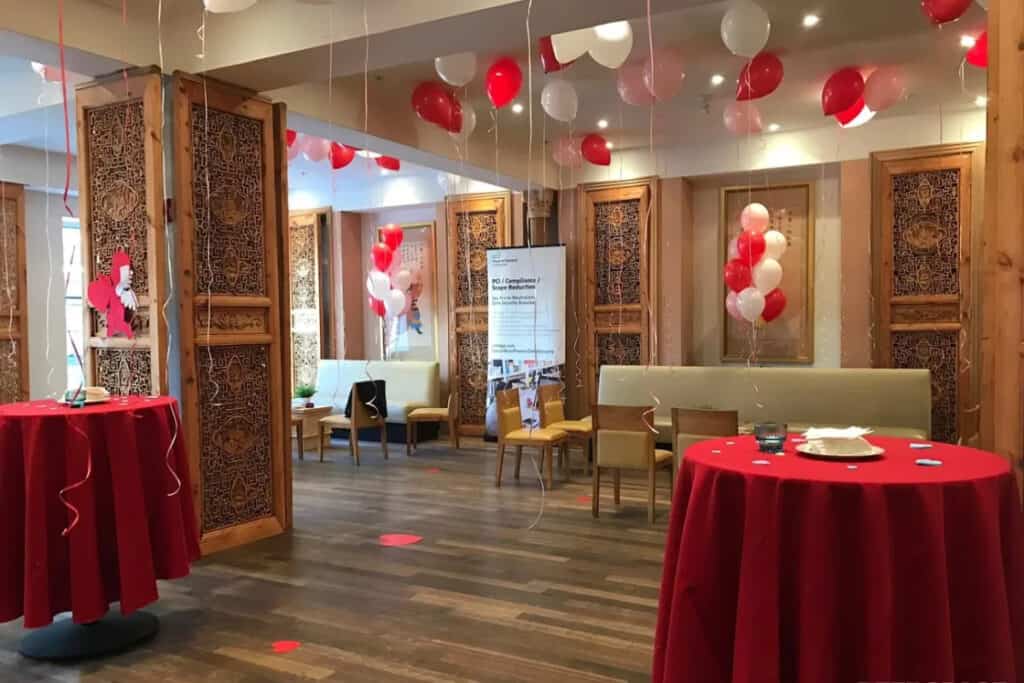
Stephanie says that it’s essential to keep everyone on the inside up to speed, as well. Whether you’re planning an executive event or a field marketing event, sending out internal calendar invites for prep calls, deadlines, and the event itself will prevent important decisions from going amiss.
Tip #12: Don’t forget about the trash removal service
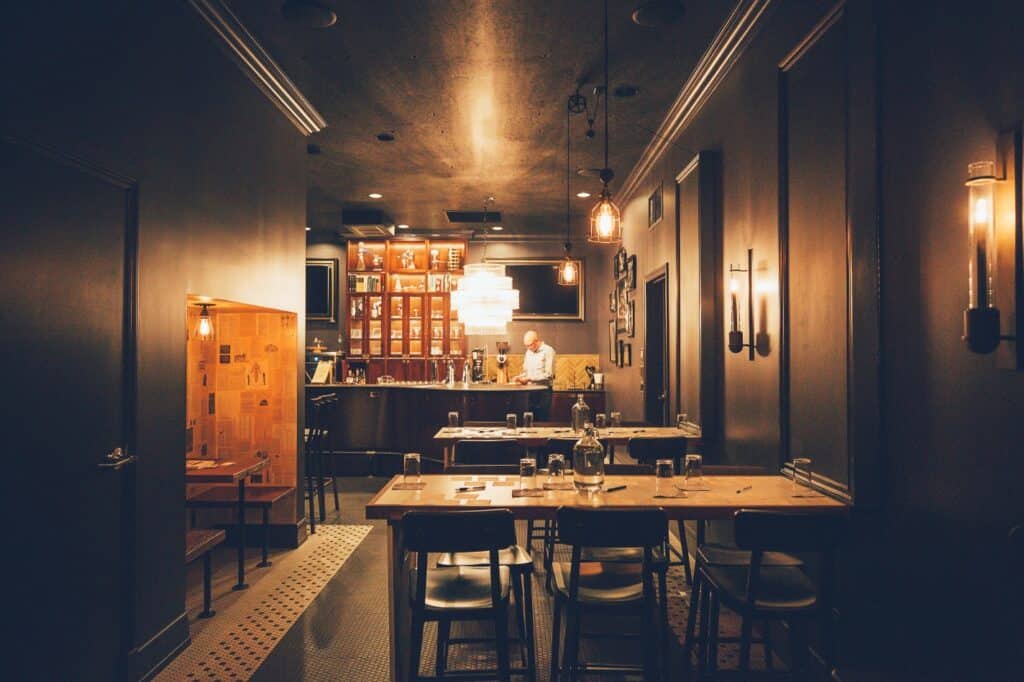
This is a common rookie mistake that Mona warns against. Your event doesn’t begin and end when your guests arrive and leave. Consider every little detail from setup and strike to trash removal, though these services are sometimes included in venue fees.
This is another aspect that a Peerspace venue can help you out with! You can easily book a stylish event space that includes set up and clean up time, such as this gorgeous and unique turn-key Capitol Hill event space in Seattle, WA. That fact that is has space for 60 guests, a beautiful ambiance, and other customized services doesn’t hurt, either!
Tip #13: Do your best to plan for everything
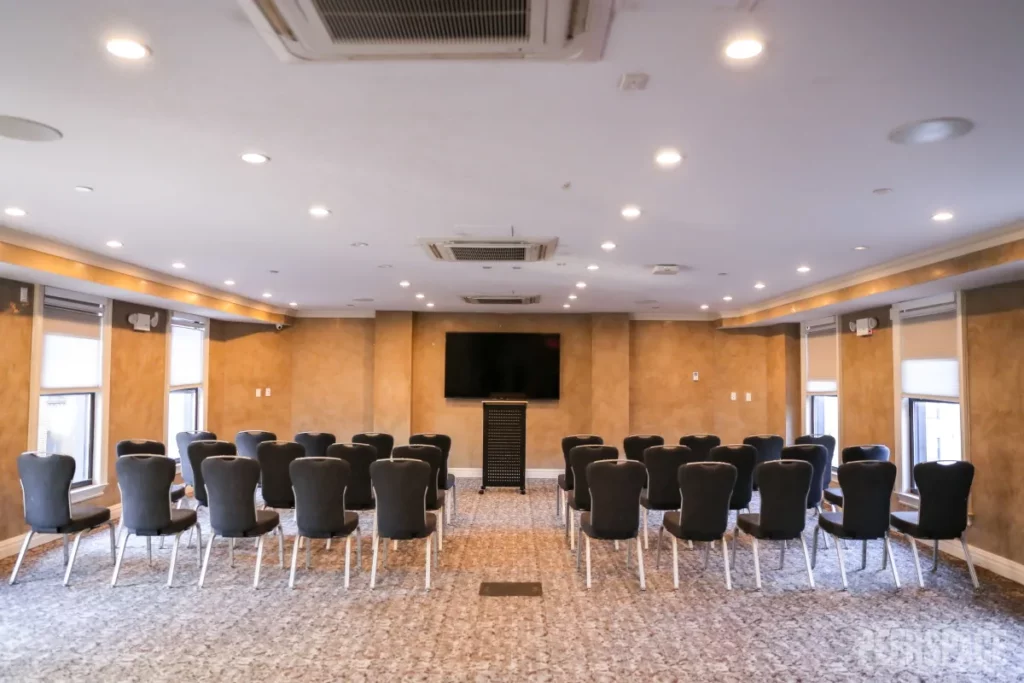
You should always expect something to go awry — and be prepared for it. “I’ve dealt with everything from missing packages to last-minute cancellations to vendor mistakes,” Stephanie said. Her recommendation? Bring extra supplies, cables, and swag just in case.
Event planning tips: conclusion
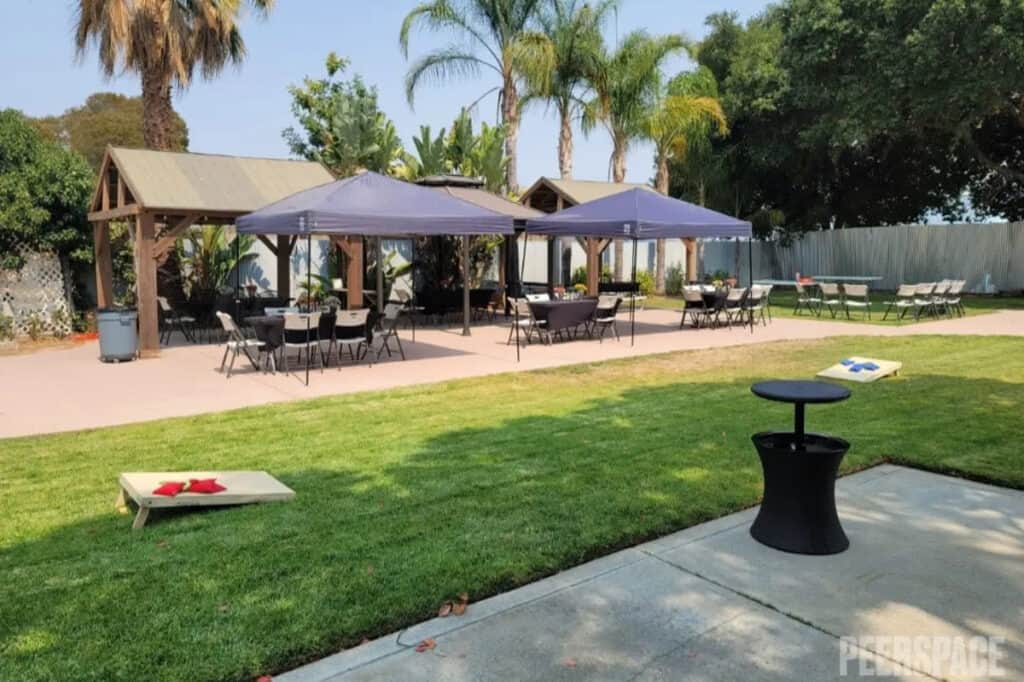
Consider these your event-planning commandments for your next event and beyond. As Stephanie Thomas mentioned above, the venue is everything. So be sure to check out Peerspace to discover unique and unexpected venues with all of the style and services you want.
With Peerspace, you can easily find a venue that will wow your guests with its style while making you look like a wizard thanks to all the amazing services it offers.
Find unique event venues on Peerspace
Get together somewhere better
Book thousands of unique spaces directly from local hosts.
Explore SpacesShare your space and start earning
Join thousands of hosts renting their space for meetings, events, and photo shoots.
List Your Space
